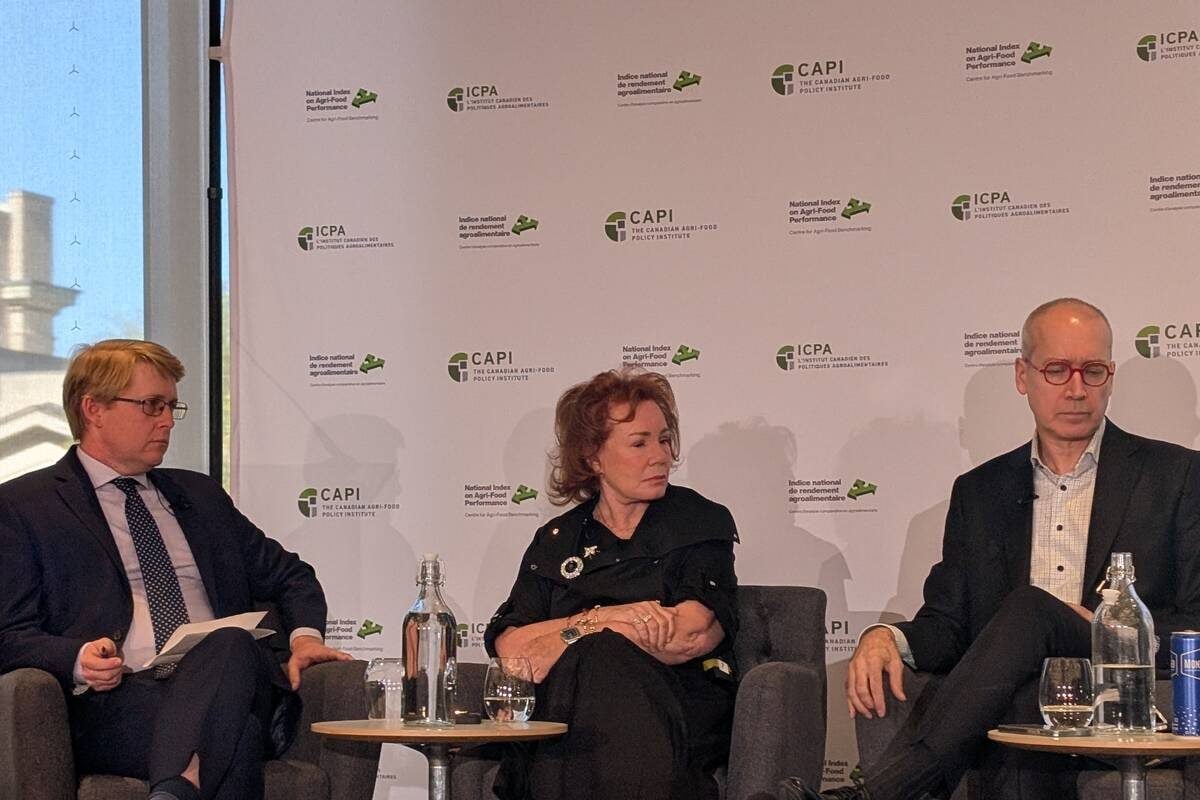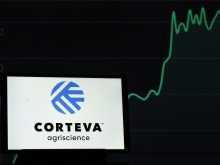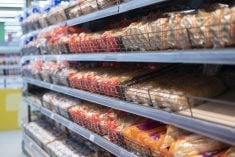PARIS (Reuters) — The world’s top food and drink companies have promised to halve the food they waste by 2025, seeking to preempt government regulation prompted by concern about the environmental, economic and social costs of such inefficiency.
The Paris-based Consumer Goods Forum, a network of some 400 retailers, manufacturers and other players from 70 countries with combined sales of US $2.8 trillion, made the pledge at a meeting in New York.
The CGF said it would work on measuring a baseline for 2016 and then create monitoring and public reporting mechanisms as its members try to cut food lost during production and shipment to stores and maximize the use of remaining waste.
Read Also

Arlene Dickinson says recent trip to Asia opened her eyes to new trade opportunities
Arlene Dickinson says Canada must take up decades-old suggestions to support the agriculture and food sectors
“It is a tragedy that up to two billion tonnes of food produced around the world is lost or wasted never making it on to a plate,” said Paul Polman, chief executive of Unilever, whose products range from Magnum ice creams to Dove cosmetics.
“At a time of growing food insecurity and climate change, we can’t afford to let this continue.”
The UN Food and Agriculture Organisation has said that a third of all food produced worldwide is thrown out each year.
The CGF said food waste, which often ends up in landfills, is responsible for releasing 3.3 billion tonnes of greenhouse gases into the planet’s atmosphere each year, meaning if food waste were a country, its carbon footprint would be third only to China and the United States.
Paul Bulcke, chief executive of the world’s biggest food and beverage company Nestle, said the move should contribute to moves to preserve natural resources, especially water, and to limiting the rise in global temperatures to two degrees Celsius, a target of climate change negotiations.














